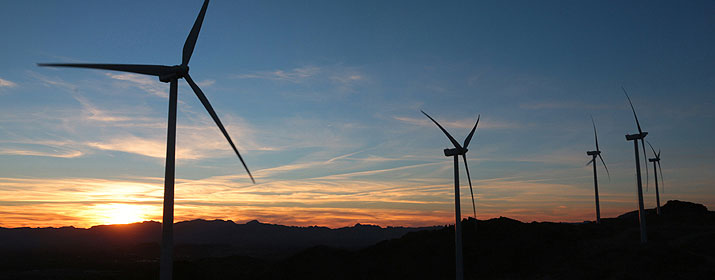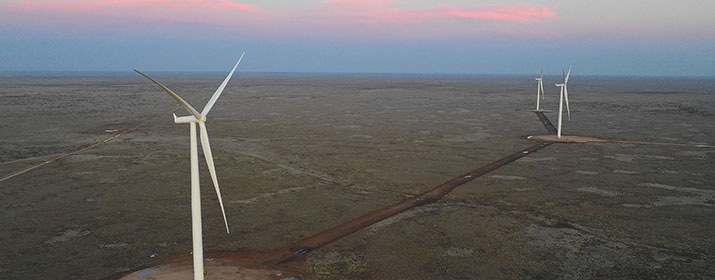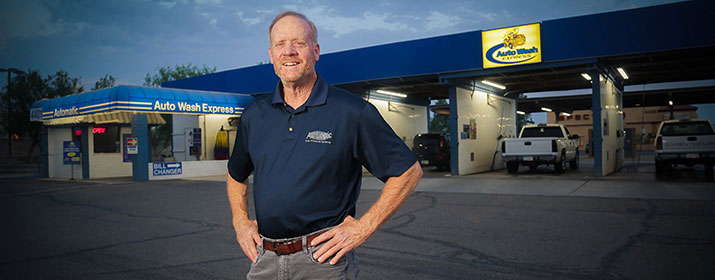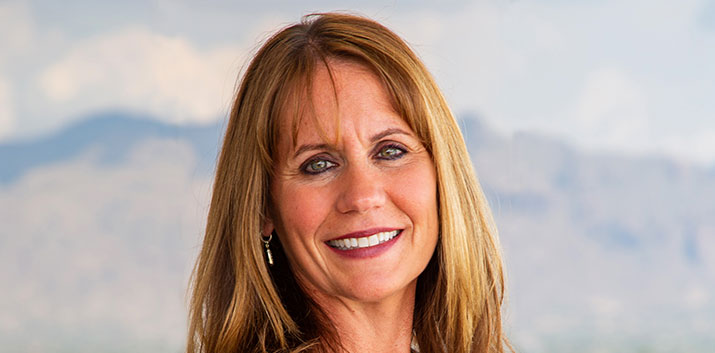
Electric vehicles are transforming the transportation sector and driving benefits in the process, from cleaner air to expanded customer choice and affordable electric rates.
Tucson Electric Power is working to drive adoption by engaging with customers and stakeholders to simplify the road to electrification and to accelerate the development of charging infrastructure to support these zero-emission vehicles.
The statewide plan, submitted to the Arizona Corporation Commission, has a goal of over 1 million EVs on the road by 2030.
“We know from national data that the transportation sector is the leading contributor of greenhouse gas emissions, with passenger cars and light-duty trucks significant contributors,” said Dallas Dukes, Vice President of Customer Experience, Programs and Pricing.
Replacing a conventional gas-burning vehicle with an EV reduces net local emissions by 53 percent, Dukes said. “Along with our shift to more renewable energy resources, electric vehicles will be an important contribution as our company works toward a cleaner, greener grid and community.”
In addition to lower greenhouse gas emissions, EVs cost less to fuel and maintain than conventional vehicles. The higher electric bills paid by EV owners will be more than offset by gas pump savings. They’ll also help keep energy costs lower for everyone, especially if they use our grid efficiently by signing up for one of our EV rates and charging during off-peak periods.
“Although TEP has a key role to play in electrifying transportation, we can’t accomplish these goals in isolation,” Dukes noted. Achieving these milestones will require meaningful action and engagement from many stakeholders, he said, including every level of government, fleet operators, car manufacturers and others who can assist with providing attractive incentives, additional charging infrastructure and supportive building codes. Without that commitment, we’d anticipate much lower adoption of EVs by 2030.
There are a number of ways we’re working to drive the growth of electric vehicles:
- Residential incentives: To help ensure that upfront costs on charging infrastructure aren’t a barrier, TEP offers residential customers a rebate of up to $500 to install home charging systems. We also offer special residential charging rates to help EV owners save money by charging outside of peak hours.
- Commercial incentives: We’re supporting businesses that want to lead in developing sustainable EV infrastructure for our community with attractive discounts on purchase and installation costs. We offer rebates of up to 75 percent of the cost of installing EV chargers and up to 85 percent for installations at multifamily complexes.
- Fleet conversion: We’re working to help local governments achieve their carbon reduction goals. The City of Tucson has set a goal of electrifying the city’s public transit system to respond to climate change. TEP has supported Sun Tran with technical assistance and assisted in securing over $6 million in federal funding for 11 electric buses. We’ve also provided more than $750,000 to support charging infrastructure for the city. Pima County also is working to reduce its carbon emissions in line with the 2015 Paris Climate Agreement by transitioning its entire fleet to electric vehicles over the next five years.
- Customer education: A vehicle purchase is a big decision. We make it easier with our online EV Comparison Tool, which lets you compare conventional vehicles to EV alternatives based on your individual driving habits and home electricity use. We’re helping business owners decide whether to invest in an EV fleet conversion with a tool that calculates how long it would take to recoup up-front costs. We’re also working with schools to install EV chargers and make energy efficiency upgrades.
- Public charging infrastructure: Our efforts to ensure equitable access to EV chargers include the installation of two DC chargers along the street outside TEP’s downtown Tucson headquarters. They’re highly visible, publicly accessible and free to use.
“Electric vehicles are the future,” Dukes said, “and we’re proud to lead the charge to support the EV rollout in Southern Arizona.”






